The power of controlling WHEN you check your email.
"There are many reasons for email overload – excessive and needless replying, ineffective time management, a compulsion to keep checking for replies and so on. But a huge contributory factor is a failure to prioritise, an inability to assess which emails should be dealt with and which can be overlooked for the time being, if not for ever. People have tried using technology to assist, with varying results."
So says Rhodri Marsden says in his interesting article in the Independent in the UK.
My work with thousands of busy professionals indicates that, perhaps even bigger than the reasons listed above, the reason people struggle with email overload is that they simply don't set aside regular blocks of time specifically to address their inbox and make decisions about each message.
Checking and responding to email is a legitimate workplace communication task, like a answering phone calls or attending meetings. Yet, while we set aside time for communicating in a meeting or for making a series of phone calls, we don't do the same for email.
Instead we check email 'on the fly', either as it interrupts us when it arrives or when we get a spare moment between other tasks. Rarely, do we sit down at a designated block of 20 or 30 minutes (during work hours) and fully focus on dealing with the inbox. Many do spend a block of time before or after working hours in an attempt to keep up or catch up, but during work hours.
Research into best practice email management shows that setting aside 3 or 4 blocks of 20-30 mins each during the workday will allow you to handle all incoming email within 24 hours as a maximum. Most email will be turned around much quicker than that.
The truth is, you're probably spending at least that amount of time (2 hours per day) and still not keeping up with all. But addressing email in a focused, single-tasking way allows you to deal with email quicker and with higher level thinking, decision-making and articulation of your replies.
The real power for handling email overload well lies in controlling WHEN you pay attention to it (and ignoring it at all other times).
What do you think?
All the best!
Steuart
